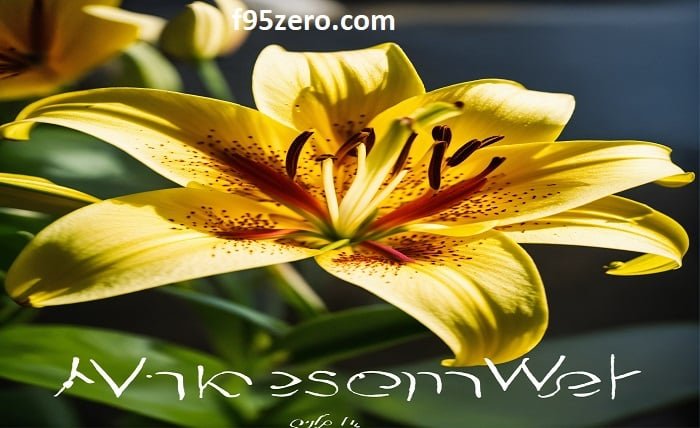Danke Schön! Mastering the Art of Saying Thank You in German

Learning a new language opens doors to new cultures and experiences. But even basic greetings can be confusing, especially when it comes to expressing gratitude. In German, thanking someone goes beyond a simple “thank you.” Let’s delve into the wonderful world of “Danke” and explore the different ways to express your appreciation like a true German speaker!
1. Danke: The Universal “Thank You”
The most basic and versatile way to say “thank you” in German is simply “Danke!” This works in most informal situations, from acknowledging a shopkeeper’s service to expressing gratitude to a friend. It’s easy to remember and a great starting point for any language learner.
2. Danke Schön/Danke Sehr: Taking it Up a Notch
Want to show a little more appreciation? Add “Schön” (beautiful) or “Sehr” (very) to your “Danke” for a more polite and formal “Thank you very much!” This is perfect for situations where you want to express extra gratitude or show respect to someone older or in a position of authority.
3. Vielen Dank: Emphasizing Your Gratitude
For those moments when a simple “thank you” just doesn’t cut it, opt for “Vielen Dank!” This translates to “Many thanks” and adds a stronger emphasis to your appreciation, making it ideal for expressing gratitude for a significant favor or gesture.
4. Beyond Danke: Exploring Other Expressions
While “Danke” covers most situations, German offers a rich variety of ways to express gratitude depending on the context. Here are a few examples:
- Vergelt’s Gott! (God reward you!): A traditional expression used in southern Germany and Austria, often used for small acts of kindness.
- Das ist nett von Ihnen! (That’s kind of you!): Expresses appreciation for someone’s thoughtfulness or helpfulness.
- Ich bin Ihnen sehr dankbar. (I am very grateful to you.): A formal way to express deep gratitude.
5. Beyond Words: Non-Verbal Cues
Remember, cultural nuances matter! Germans often combine verbal thanks with non-verbal cues like a smile, a nod, or even a slight bow to show sincerity.
6. Danke für Alles! Thank You for Everything!
Learning these expressions is just the beginning. As you practice and immerse yourself in the culture, you’ll discover the true warmth and appreciation embedded in each “Danke.” So, the next time you encounter a German speaker, don’t hesitate to express your gratitude with a heartfelt “Danke Schön!” and watch your interactions blossom.
Conclusion
With a little practice and these handy tips, you’ll be saying “Danke” like a pro in no time! Remember, expressing gratitude is always appreciated, and in German culture, doing so with sincerity and cultural awareness goes a long way. So, don’t be shy, spread some “Danke” magic and build meaningful connections with German speakers around the world!
FAQ
1. What if I pronounce “Danke” wrong?
Don’t worry! Most Germans appreciate the effort of attempting their language. Focus on clear communication and they’ll understand your gesture.
2. Are there regional variations in how to say “thank you”?
Yes! The expressions mentioned are widespread, but regional variations exist. Don’t hesitate to ask locals for guidance if you’re unsure.
3. What are some other useful German phrases for expressing gratitude?
- Kein Problem! (No problem!): Used to respond to someone thanking you.
- Gern geschehen! (Pleasure!): Another way to respond to thanks.
- Bitte schön! (You’re welcome!): Used in response to someone thanking you.
4. How can I learn more about German culture and etiquette?
Immersion is key! Watch German movies, listen to music, and practice with native speakers. There are also many online resources and language courses available.




